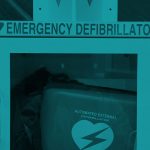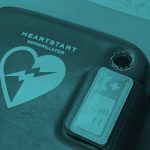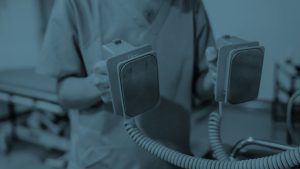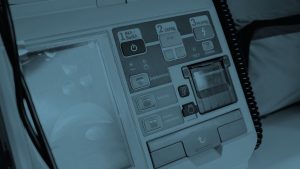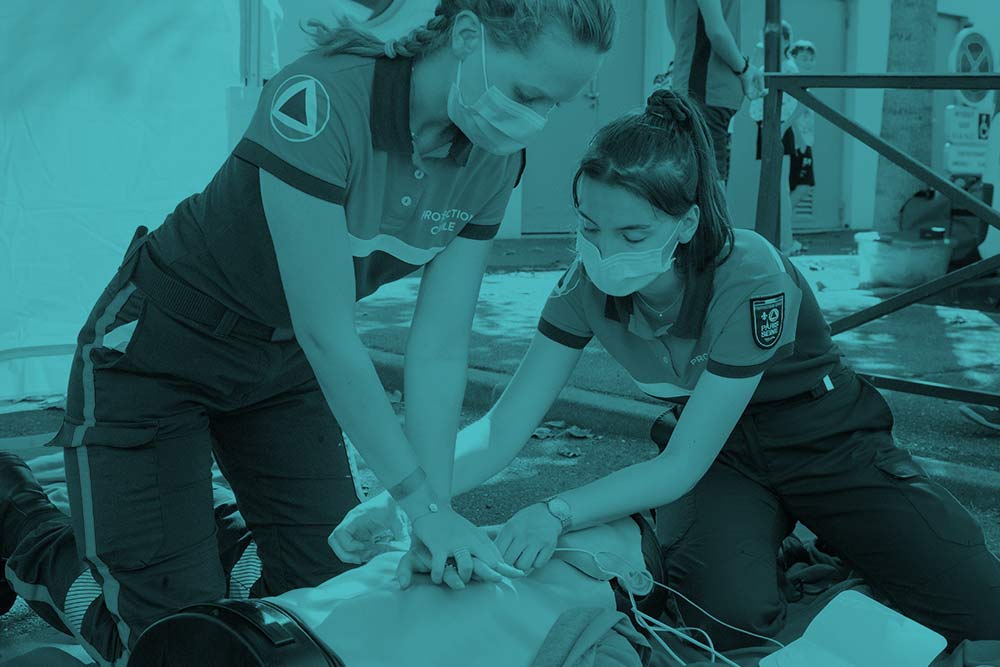
Basic life support (BLS) courses for laypersons, including cardiopulmonary resuscitation (CPR) training, is known to improve outcomes of out-of-hospital cardiac events. We asked medical students to provide BLS training for laypersons as a part of their emergency medicine education and evaluated the effects of training on the BLS skills of laypersons. We also used a questionnaire to determine whether the medical students who provided the BLS training were themselves more confident and motivated to perform BLS compared to students who did not provide BLS training. The proportions of laypersons who reported confidence in checking for a response, performing chest compressions, and automated external defibrillator (AED) use were significantly increased after the BLS training. The proportions of medical students who reported increased confidence/motivation in terms of understanding BLS, checking for a response, chest compression, use of AED, and willingness to perform BLS were significantly greater among medical students who provided BLS instructions compared to those who did not. BLS instruction by medical students was associated with an improvement in laypersons’ CPR accuracy and confidence in responding to cardiac arrest. The results indicate that medical students could gain understanding, confidence, and motivation in regard to their BLS skills by teaching BLS to laypersons.

